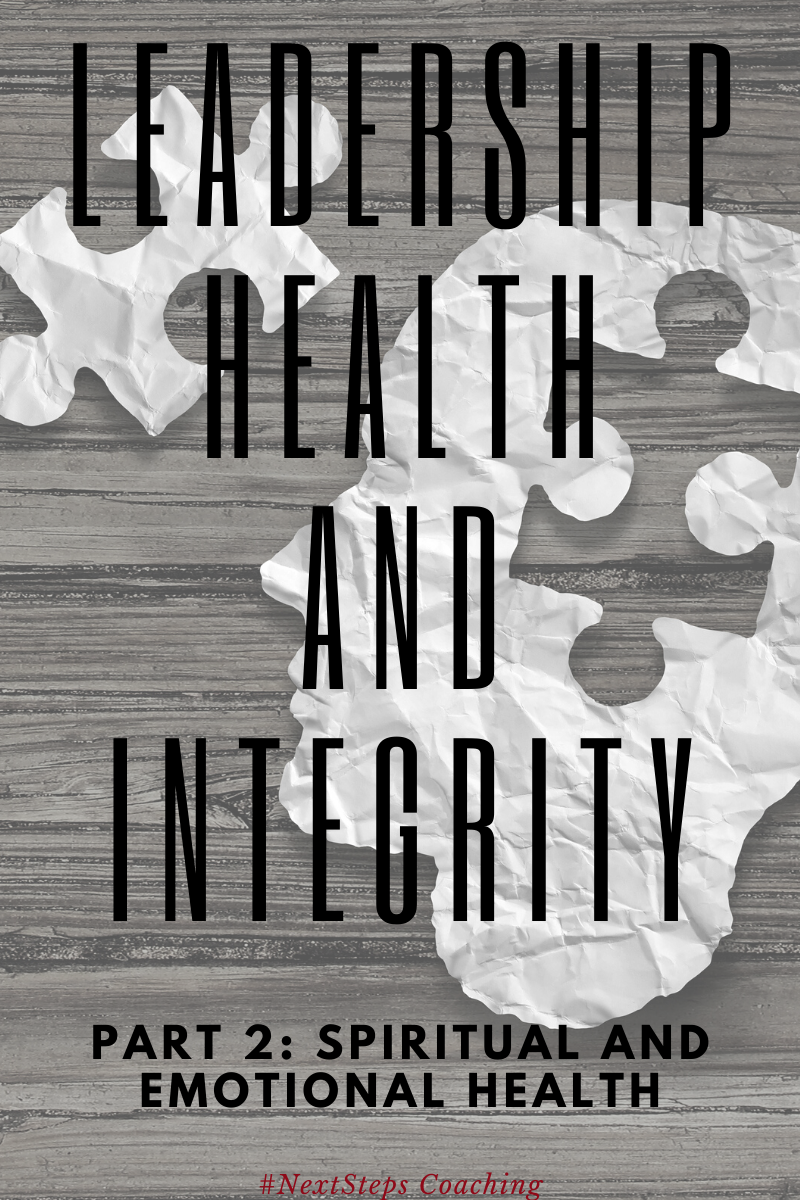
Embedded within the fabric of the universe, there is a method to overcome difficulties, reframe obstacles as opportunities, and experience life-changing satisfaction no matter the circumstances. It starts, by finding joy in suffering.
Choosing Joy
I’ve written before about the phrase that’s guiding me this year. The idea to Choose Joy has radically reframed my life in the last year. No matter the circumstances, I’ve been able to experience less stress, closer relationships, a more vibrant community, more life satisfaction, and a stronger business.
It all started because I started to see joy in suffering.
That small shift has changed everything about my outlook in life. 
Then, this morning, during my journaling time, I discovered the ancient secret that was at work.
Joy in Suffering
Paul, the ancient theologian and church planter, wrote to a group of churches in Rome. In the middle of his letter, he laid out the formula for growing as a leader.
- Find Joy in Suffering
- Use suffering to build endurance
- Implement endurance to develop character
- Display character to produce hope.
That’s it. That’s the formula. Four life-transforming steps.
But what I stumbled into a year ago, and realized concretely this morning, was the importance of step number one. You must first find Joy in suffering.
A Wilted Plant
Up until a year ago, I would have started at step two. I could fully admit I was suffering in life. At times it was in business. In other instances, it was personal. A time or two it was physically or mentally. Whatever it was, I could easily identify the suffering I was undergoing.
But far from joyful, I was bitter.
Angry.
Resentful at the fact I had to suffer.
And I became determined to show my endurance, in spite of the odds, to build a character and be a person of hope.
And what I realized, was that if my life were a plant, it was alive, but severely stunted.
I have a pepper plant in my backyard that I planted in a shady spot underneath a tree. For two years, I have tended to that plant by faithfully watering and fertilizing it. So far, in two years, it has produced one small and misshapen pepper.
Why?
It wasn’t getting adequate sunlight. That was the missing component. A few weeks ago, I transplanted the pepper plant, and it is already doing much better. Same soil. Same water. Now with hours of sun every day.
My life in character was the same. Was I alive? Absolutely. Was I producing “fruit”? Some, but not enough, and not fully formed.
What was missing? The sunlight. For me, it was the joy in suffering.
Reframing My Mindset
A couple of years ago, I began this transformation to intentionally alter my mood and perception of life. I was tired of being angry, grumpy, and a disappointment to be around. I knew I was isolating others … and myself … from a fully developed character.
A year ago, that crystalized into the phrase choose joy.
Now, I see what that shift has so profoundly changed my life.
Finding the joy in suffering is what allows us to not just go through the steps, but to be fully developed and thrive. We will all suffer, and we can all utilize it to produce fruit that is beneficial to others.
But the difference between those that look wilted with poor fruit, and those flourishing with a bunch of fruit, is their ability to choose joy in the midst of that suffering.
The ability to have joy in suffering is a life-altering, and world-changing, a realization that benefits you and blesses others.
As a leader, do you find joy in suffering or are you a wilted plant producing weak fruit? The choice is yours.






